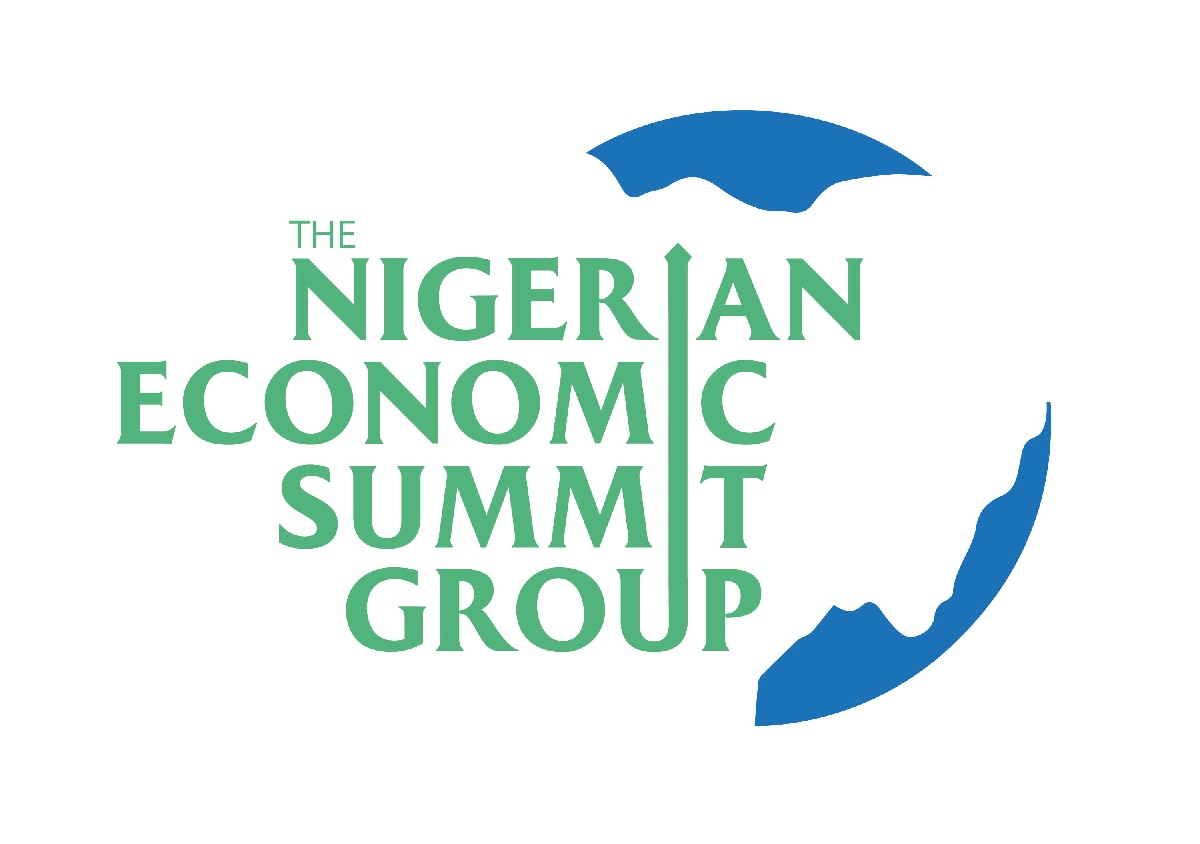The Nigeria Economic Summit Group (NESG) says the country can generate about N4 trillion annually if it fully explores the potential of the marine and blue economy sector.
The group stated this yesterday at a webinar tagged “Blue Economy: Private Sector’s Vital Role” ahead of 29th Nigeria Economic Summit (#NES29)
In his opening remarks, a member of the steering committee of the Sustainability Policy Commission of the NESG, Mr Clem Ugorji, said the blue economy provides an opportunity for coastal nations blessed with abundant marine resources, like Nigeria, to boost economic activities and growth through the sustainable use of its renewable resources.
“The blue economy generated over 500 billion Euros, accounting for 1.7 per cent of GDP in Europe and has the potential to generate 5 billion dollars in Nigeria and that this suggests that the blue economy provides an opportunity to galvanise new rapid growth determinants, especially towards tackling deepening poverty and restiveness in coastal economies, including Nigeria,” he said.
- World Teachers’ Day: Fulfill your promises, teachers tell FG 3yrs after
- NASFAT urges women not to neglect homes for politics
Ugorji also noted that the private sector could introduce maritime-based technology and improve the use of marine resources, boost the technical versatility of workers through entrepreneurship, on-the-job training and investment capabilities, which can help expand projects, promote innovation and marketing of marine and blue economy services leading to increased exports and foreign exchange.
A maritime consultant, Captain Suleiman Baiyee, stated that stakeholders must do what is best for the nation by helping to develop other countries’ resources.
He said, “The biggest challenge in the blue economic zone of Nigeria is security, as it underpins investors’ confidence and is critical in developing the nation; we have about 853 km of coastline and 4,000 km of navigable coastal ways, which require infrastructure to set and achieve their potential.”
President of the Women’s International Shipping and Trading Association (WISTA), Nigeria, Ms. Eunice Ezeoke, stated that several opportunities can help the private sector grow Nigeria’s blue economy.

 Join Daily Trust WhatsApp Community For Quick Access To News and Happenings Around You.
Join Daily Trust WhatsApp Community For Quick Access To News and Happenings Around You.


